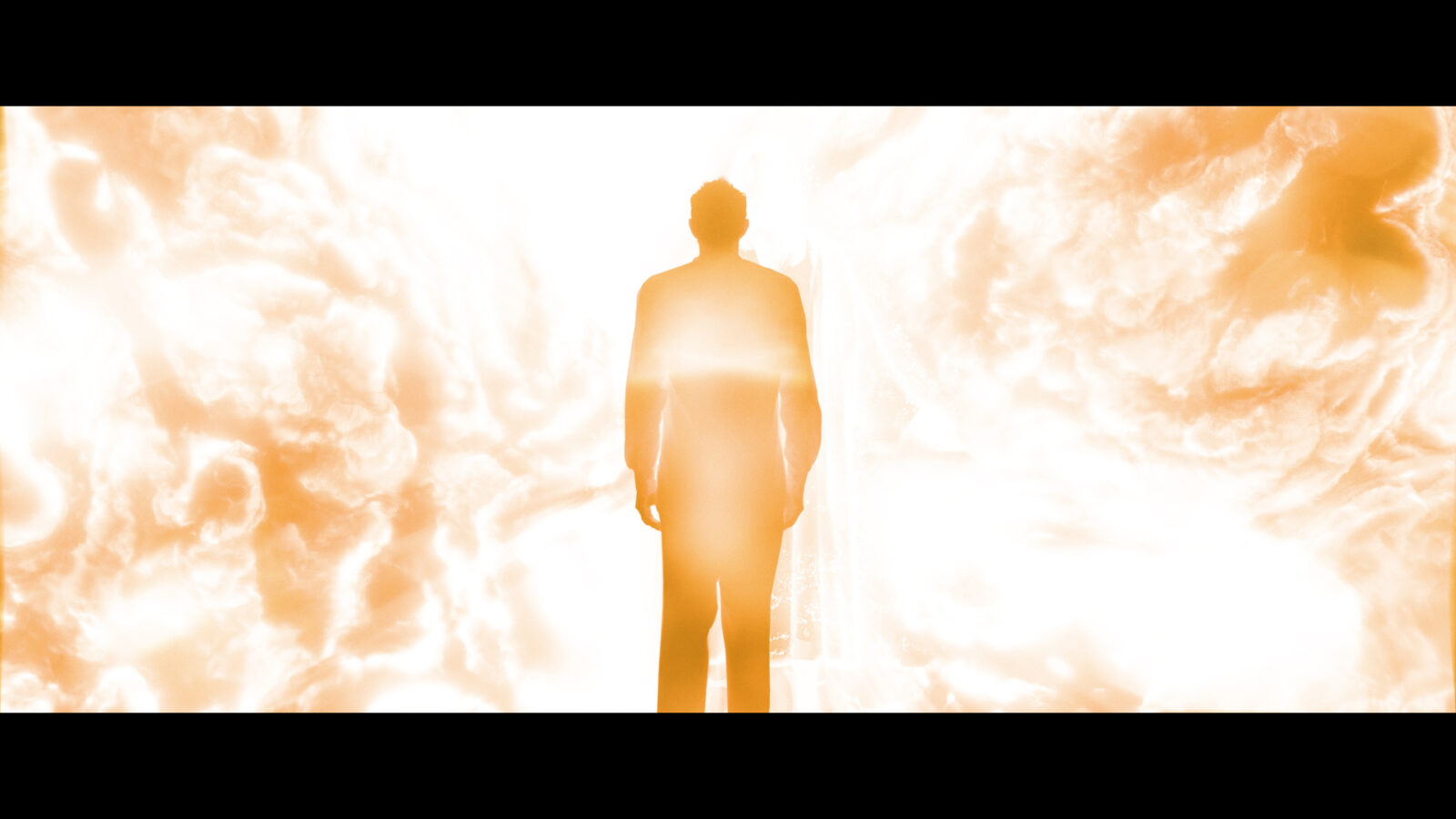


After Death: The Science Behind the Movie

Biologist Jonathan Wells Offers a Cure for Zombie Science
On this ID the Future, Zombie Science author and biologist Jonathan Wells and host Andrew McDiarmid explore the seductive but misleading appeal to consensus science. This is when someone makes a bandwagon appeal to support a scientific hypothesis rather than offering evidence and arguments—as in, “All serious scientists agree that X is the case.” Wells says history makes hash of the consensus-science appeal because the history of scientific progress is all about a consensus view being overthrown by a newer, more accurate view that for a time was a minority view. Wells also draws a distinction between evidence-based empirical science and ideologically driven science. The example he gives for the latter: scientific materialism. Instead of a search for truth about the natural world, science under scientific materialism becomes a search for the best materialistic explanation for this or that phenomenon. Mix scientific materialism and consensus science and you get what Wells has described as “Zombie Science.” Wells and McDiarmid also discuss the problem of science journalism hype. Most scientific discoveries are small, incremental findings of little interest to the general public. The solution for many science journalists: hype the small finding into something earth-shattering. As a remedy, Wells encourages a modest dose of skepticism anytime one is reading a science article in the popular press. What about the claims of Darwinists that the science “is settled,” that evolution “is a fact,” and that bad design in biology proves that hit-or-miss evolution is the maker of life’s diversity, not an intelligent designer? Here Wells encourages more than a modest dose of skepticism, and gives the example of the supposed “backward wiring of the vertebrate eye” as a case in point.